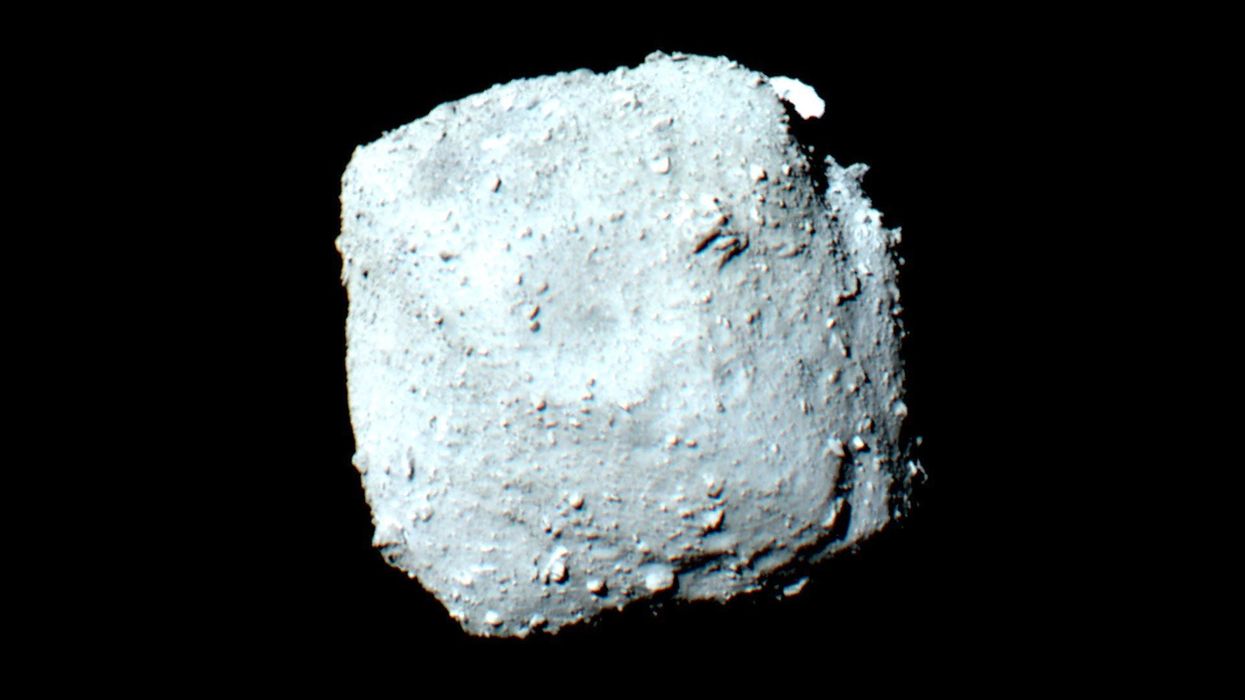Science & Tech
Harry Fletcher
Feb 12, 2024
Ryugu Asteroid Samples Might Point to How Life Began on Earth
ZMG - Amaze Lab / VideoElephant
Snippets of ancient history have been uncovered on a distant asteroid after scientists found new evidence that material uncovered by NASA comes from a lost ocean world.
Experts are busy analysing the samples taken from the Bennu asteroid and the initial impressions are very exciting indeed.
It’s all to do with the composition of the minerals from the fragments taken by NASA scientists. Most unexpectedly, the phosphate mineral recovered is rich in both calcium and magnesium, which isn’t in keeping with material normally uncovered from meteorites.
Instead, the material is more similar to that found in vapor escaping from the frozen surface of Saturn's moon Enceladus.
This particular scientific research operation, known as the OSIRIS-REx mission, is only the third of its kind to recover samples from an asteroid and return them to our planet. Remarkably, the mission took place over a total of seven years, covering 3.86 billion miles in that time.
From the samples that arrived back on Earth in September, scientists have also come to the conclusion that the planet the asteroid was once a part of, was around half the size of Enceladus but was much smaller, and has since been destroyed as external objects collided with it.
The true findings are still yet to reveal themselves, though, with research into the samples far from complete.
Planetary scientist Dante Lauretta from the University of Arizona told Space.com: "We're going to be busy for a long, long time. This is an enormous amount of sample for us."
Lauretta went on to say; "We have over a 1,000 particles that are greater than half-a-millimeter, 28 particles that are greater than a centimeter, and the biggest particle is 3.5 centimeters. So a great collection full of really large stones."
Describing the samples, Lauretta said they were "distinct and different than anything else in our meteorite collection isotopically, which is exciting. There's a whole realm of material that we never get access to if we just rely on meteorites.”
Sign up for our free indy100 weekly newsletter
How to join the indy100's free WhatsApp channel
Have your say in our news democracy. Click the upvote icon at the top of the page to help raise this article through the indy100 rankings
Top 100
The Conversation (0)














